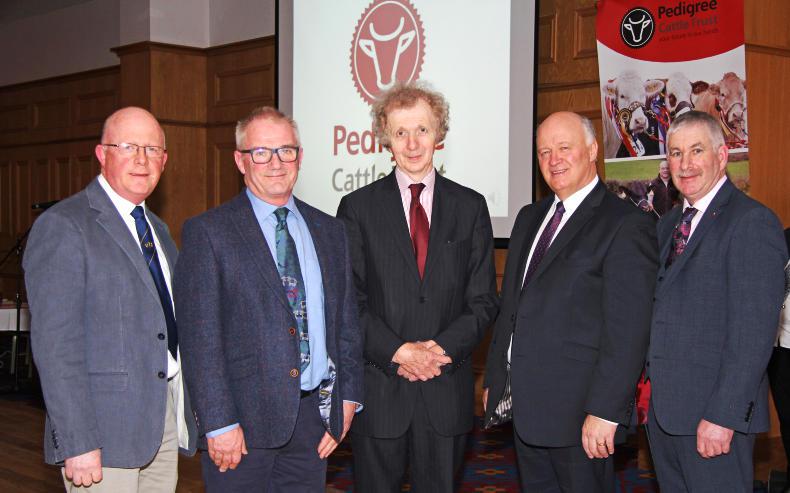In recent weeks, reports from farmers would suggest that there has been an increase in the incidence of bovine TB in some areas.
Some of that increase may be due to vets being under instruction from DAERA to apply a more severe interpretation of the skin test for TB. However, there have also been examples where farmers have had most, or all, of their herd depopulated due to an outbreak. They have subsequently re-stocked with cattle, only to be hit by another infection of bovine TB this year. The evidence all points to disease in the local wildlife population – it remains an immense source of frustration that nothing has effectively been done to tackle this issue head on.
However, coming next week is the long awaited report of the TB Strategic Partnership Group (TBSPG), initially set up in 2014 to develop a long-term plan to eventually eradicate TB in NI.
The latest rumours are that the group will recommend applying a cap on compensation on reactor animals, and suggest that inconclusive animals will in future be treated as reactors. However, before drawing too many conclusions, it will be important to judge the recommendations in their entirety.
We can expect that the group will put the onus on to DAERA, private vets and farmers to all play their part, and for farmers, much of the focus will be on improved farm biosecurity to limit potential disease spread.
At a British Veterinary Association dinner last month, Agriculture Minister Michelle McIlveen alluded to the fact that difficult decisions will have to be taken around bovine TB on the back of the TBSPG report.
In the background, there is also an expectation within the European Commission (who part fund DAERA’s TB programme) that things must change.
After an audit in June 2015 EU officials were clear that a more effective TB policy is required if future money is to be secured.









SHARING OPTIONS